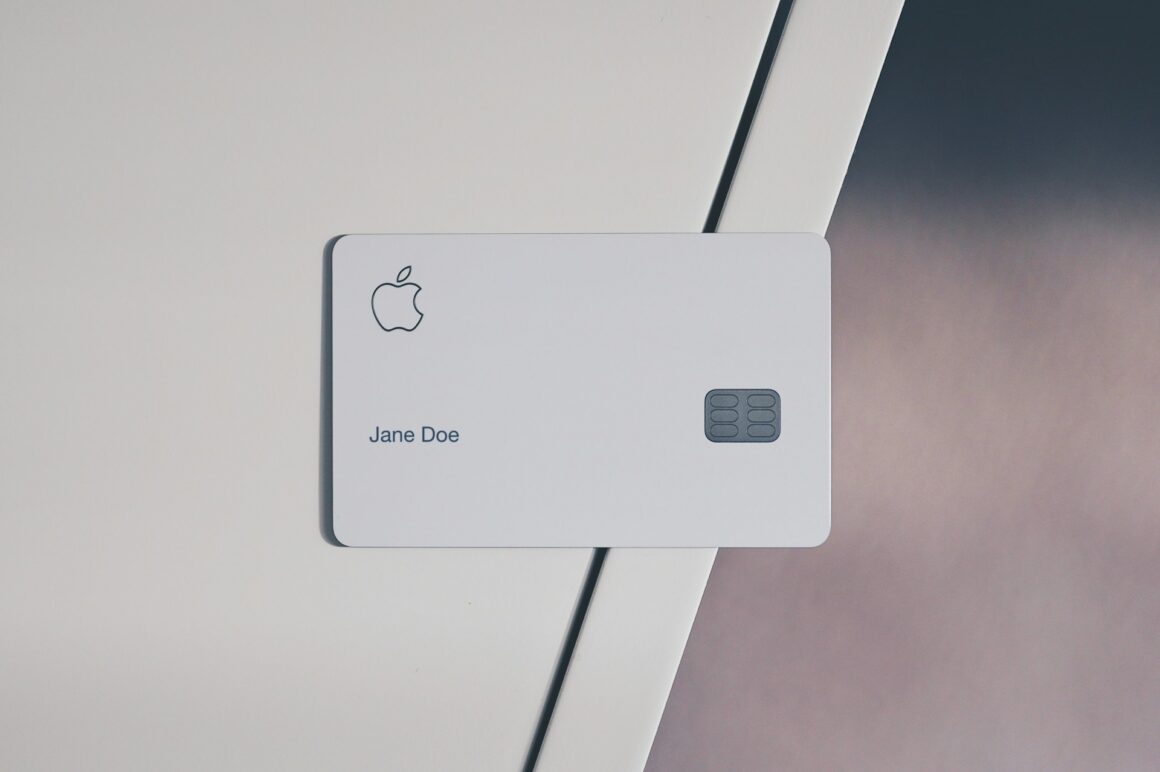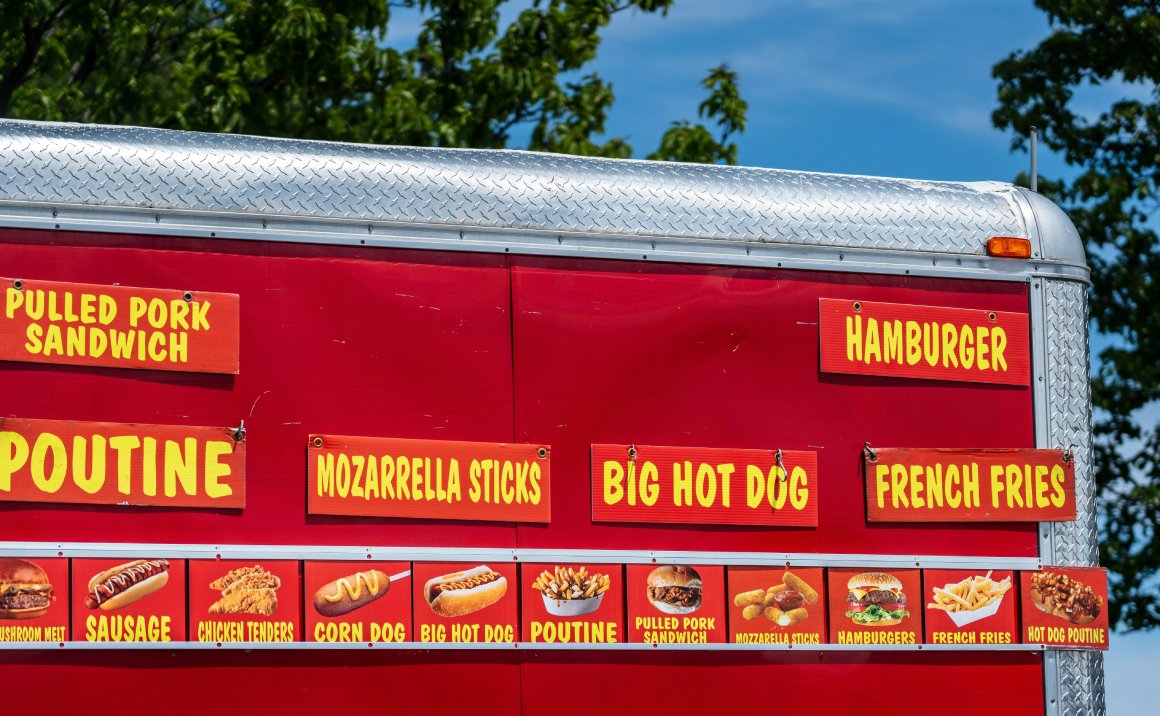
How to Get Your Food Truck Legally Ready for Business: Licenses, Permits, and Documentation
This post is part of a regular series. Click here to start at the beginning.
Starting a food truck business is an exciting venture, but like any business, it comes with its fair share of paperwork and legal requirements. To operate legally, you’ll need the right licenses, permits, and documentation in place. Although running a mobile food business has its unique challenges, many of the steps you’ll take to get started are similar to opening a traditional brick-and-mortar restaurant. The process ensures that you’re meeting health and safety regulations, protecting your business with insurance, and staying compliant with local and state laws.
In this post, we’ll walk you through the essential licenses, permits, and documentation you need to start your food truck and how it compares to opening a business with a physical location.
1. Business License: The Foundation of Your Food Truck
Every business, including food trucks, must have a business license to operate legally. This license registers your business with local authorities and allows you to conduct business within your city, county, or state. Whether you’re opening a restaurant or a food truck, this step is non-negotiable.
How to Obtain a Business License:
- Research Local Requirements: The process for obtaining a business license varies by location. Some cities and counties require you to apply directly with the local government, while others may have online portals for registration.
Example: In Los Angeles, a food truck owner must apply for a general business license through the city’s Office of Finance, just like any other local business. - Submit the Application and Pay the Fee: Once you’ve gathered the necessary documents (such as proof of identification, business name registration, and possibly a sales tax permit), submit your application and pay the associated fee. Business license fees can range from $50 to several hundred dollars, depending on your location.
Example: A burger truck in Houston applies for a business license through the Houston Permitting Center, paying an initial fee of $107 to register the business with the city.
How It’s Similar to Opening a Restaurant: Just like a brick-and-mortar restaurant, your food truck will need a general business license to operate legally. This is the first step in ensuring that your business is recognized and compliant with local laws.
2. Health Department Permit: Meeting Food Safety Standards
Food trucks, like restaurants, are regulated by local health departments to ensure they meet strict food safety and sanitation standards. A health department permit is required for any business that handles, prepares, or sells food to the public.
How to Obtain a Health Department Permit:
- Submit to Regular Health Inspections: Your truck will need to pass health inspections to ensure that you’re following food safety guidelines. Inspectors will check for cleanliness, proper food storage, cooking temperatures, and employee hygiene.
Example: A taco truck in Austin must undergo routine inspections by the Travis County Health Department, just like any restaurant. The truck is inspected for safe food handling practices, cleanliness, and proper food storage. - Set Up a Commissary Kitchen: In many locations, food trucks are required to operate from a licensed commissary kitchen when they’re not on the road. These kitchens serve as a base for preparing and storing food, and they’re subject to the same health regulations as any restaurant kitchen.
Example: A dessert truck in Miami uses a licensed commissary kitchen for food prep and storage. The truck must provide proof of commissary use to the local health department to obtain its permit.
How It’s Similar to Opening a Restaurant: Just like brick-and-mortar restaurants, food trucks must comply with health and safety regulations. Both businesses are subject to regular inspections and must follow strict food handling guidelines to protect the public.
3. Fire Department Permit: Ensuring Safety With Cooking Equipment
If your food truck uses any cooking equipment, such as grills, fryers, or propane tanks, you’ll likely need a fire department permit. This permit ensures that your truck meets fire safety standards and is equipped with the necessary safety features, such as fire extinguishers and suppression systems.
How to Obtain a Fire Department Permit:
- Install Fire Safety Equipment: To pass the fire inspection, your truck must be equipped with the proper fire safety tools, such as a fire extinguisher, fire suppression system (if required), and propane safety valves.
Example: A BBQ truck in New York City installs a fire suppression system to meet local fire department requirements. The truck must also keep fire extinguishers on board and undergo regular fire inspections to maintain its permit. - Schedule a Fire Inspection: Once your truck is outfitted with the necessary equipment, schedule an inspection with the local fire department. Inspectors will check your equipment, propane storage, and overall safety setup to ensure compliance.
Example: A pizza truck in San Francisco schedules an inspection with the local fire department after installing a portable wood-fired oven. The inspector ensures that the oven is properly vented and that the truck has adequate fire safety tools.
How It’s Similar to Opening a Restaurant: Restaurants and food trucks alike need to meet fire safety standards if they use cooking equipment. Both are required to undergo fire inspections and ensure that their equipment is safely installed and maintained.
4. Parking Permit: Finding Legal Spots to Serve
While restaurants are fixed in one location, food trucks have the flexibility to move around, but they must park legally. Many cities require food trucks to obtain parking permits that regulate where and when they can park.
How to Obtain a Parking Permit:
- Research Local Zoning Laws: Every city has its own zoning laws that dictate where food trucks can park. Some areas have designated food truck zones, while others prohibit trucks from parking near restaurants or in residential areas.
Example: A coffee truck in Portland must obtain a parking permit from the city’s transportation department, which allows the truck to operate in certain food pods or designated zones. - Apply for Event Permits: If you plan to serve food at festivals, fairs, or farmers’ markets, you may need to apply for event-specific parking permits. These permits ensure that you comply with the event’s guidelines and can legally operate within the designated area.
Example: A taco truck applies for a special parking permit to serve at a local farmers’ market. The permit allows the truck to park in a designated area during market hours.
How It’s Similar to Opening a Restaurant: While restaurants don’t have to worry about parking permits, they do need to follow zoning laws for their location. Just like food trucks, brick-and-mortar businesses must comply with local zoning regulations to operate legally.
5. Commercial Vehicle Registration: Keeping Your Truck Road-Ready
Since food trucks are mobile businesses, you’ll need to register your truck as a commercial vehicle. This ensures that your truck is legally allowed to operate on public roads and is subject to regular safety inspections.
How to Obtain Commercial Vehicle Registration:
- Visit the DMV or Department of Transportation: Register your food truck as a commercial vehicle with your state’s Department of Motor Vehicles (DMV) or Department of Transportation (DOT). You’ll need proof of ownership, insurance, and possibly an inspection certificate.
Example: A sandwich truck in Florida registers their vehicle as a commercial truck with the state’s DMV. The truck must also undergo an annual safety inspection to ensure that it’s roadworthy. - Display Your Registration: Once registered, you’ll receive commercial vehicle plates or tags. Make sure these are displayed properly, as failure to do so could result in fines.
Example: A BBQ truck in Texas displays its commercial license plates and registration sticker prominently, ensuring compliance with state vehicle laws.
How It’s Similar to Opening a Restaurant: While brick-and-mortar restaurants don’t need vehicle registration, they do need to meet local transportation and delivery regulations if they use vehicles for catering or deliveries. Both types of businesses must ensure their vehicles are legally compliant.
6. Food Truck Insurance: Protecting Your Business
Like any business, food trucks need insurance to protect against potential risks, including accidents, property damage, or liability claims. Insurance helps safeguard your business, employees, and customers, whether you’re on the road or serving food.
How to Obtain Food Truck Insurance:
- General Liability Insurance: This type of insurance covers claims related to property damage or bodily injury that occurs at your truck. It protects you from lawsuits if a customer gets hurt while visiting your truck.
Example: A crepe truck obtains general liability insurance to cover incidents such as a customer slipping and falling near the truck’s order window. - Commercial Auto Insurance: Since your truck is a vehicle, you’ll need commercial auto insurance to cover accidents, theft, or damage to your truck while it’s on the road.
Example: A smoothie truck is involved in a minor accident on the way to a festival. Their commercial auto insurance covers the cost of repairs and ensures the truck is back in service quickly. - Workers’ Compensation Insurance: If you hire employees, you may be required to carry workers’ compensation insurance. This covers medical expenses and lost wages if an employee is injured on the job.
Example: A food truck owner hires two cooks and ensures they’re covered under the business’s workers’ compensation policy in case of an accident during food prep.
How It’s Similar to Opening a Restaurant: Just like brick-and-mortar restaurants, food trucks need comprehensive insurance to protect against risks. Both types of businesses need general liability, workers’ compensation, and (for food trucks) commercial auto insurance.
Conclusion: Navigating the Paperwork to Get Your Food Truck on the Road
Starting a food truck requires many of the same steps as opening a traditional brick-and-mortar restaurant. From securing the right licenses and permits to ensuring that your truck complies with health, safety, and vehicle regulations, the process is designed to protect both your business and your customers. While operating a mobile food business comes with its own set of unique challenges—like obtaining parking permits and managing a mobile kitchen—many of the legal requirements are similar to those faced by physical restaurants.
Here’s a quick recap of the essential documentation and how it’s similar to opening a traditional business:
- Business License: Both food trucks and brick-and-mortar restaurants must have a business license to operate legally.
- Health Department Permit: Just like restaurants, food trucks are subject to health inspections and must follow food safety guidelines.
- Fire Department Permit: Any business that uses cooking equipment, whether mobile or stationary, needs to pass fire safety inspections.
- Parking Permit: While food trucks need parking permits to operate in certain areas, restaurants must comply with local zoning laws for their fixed locations.
- Commercial Vehicle Registration: Since food trucks are mobile, they must register their vehicle as a commercial entity, similar to how restaurants with delivery vehicles must meet local regulations.
- Insurance: Both food trucks and restaurants need comprehensive insurance coverage to protect against potential risks.
While this process can seem daunting at first, getting your food truck properly licensed and insured is an important part of protecting your business and setting yourself up for long-term success. By taking the time to research your local requirements, gather the necessary paperwork, and stay compliant with regulations, you’ll be ready to serve your customers with confidence.
Stay tuned for our next post, where we’ll discuss essential strategies for marketing your food truck’s grand opening and creating buzz to attract customers from day one!
This post is part of a regular series. Please use these links to view the rest of the series in order.
Effective Ways to Control Flies on Your Food Truck
A Complete Guide for Flying Pest Control Running a food truck brings a unique set…
Stripe – A Powerful Payment Processor for Food Trucks with Online Capabilities
Is Stripe the Best Payment Processor for Your Food Truck? For food truck owners, flexibility…
Exploring the Different Types of Mobile Food Businesses: Food Trucks, Trailers, Carts, and Booth Setups
The Pros, Cons, and Investment Levels of Food Trucks, Concession Trailers, Food Carts, and Booth…




